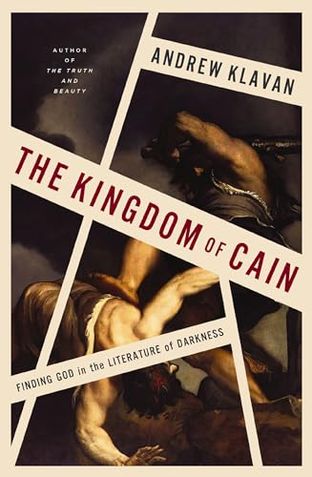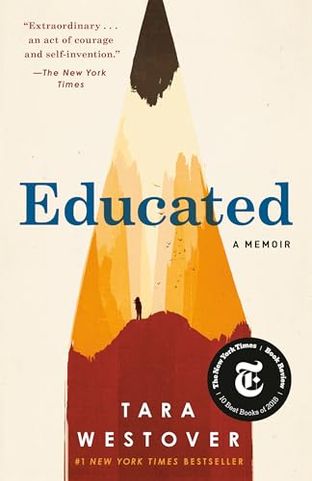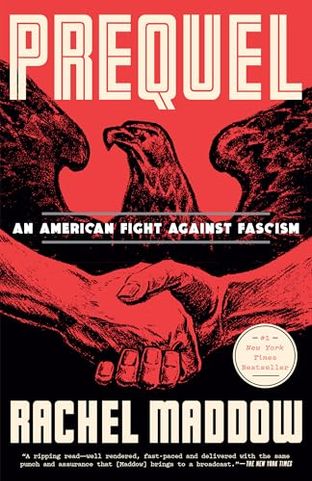Review of The Kingdom of Cain
by Johny McFliggen, PhD Literature & Business, Oxford
Andrew Klavan’s "The Kingdom of Cain" invites us into an intricate dance between morality and artistic depiction, a realm where the lines between good and evil blur like the enigmatic smile of the Mona Lisa. Yet, unlike the familiar tales of thrillers and crime that usually grace Klavan’s oeuvre, this work delves into the philosophical transformation of evil as seen through the prism of art—and daringly suggests how such transformation might be mirrored in the labyrinthine corridors of human life.
Klavan, known for his sharp narrative edge and political commentary, takes a bold step into a more introspective territory here. It is reminiscent of C.S. Lewis’s "The Problem of Pain," but with a modern twist aimed at unraveling the complex tapestry of evil in our contemporary context. He examines how art can both reflect and distort the essence of malevolence, much like the way Walter White’s journey in "Breaking Bad" challenges our perceptions of morality and redemption.
In many ways, Klavan's exploration is akin to an intellectual game of chess, where each chapter is a move that strategically unveils the multifaceted nature of evil. He argues that recognizing the artistic metamorphosis of evil can open the door to understanding—and perhaps even transforming—our own darker instincts. The book echoes themes found in works like John Milton’s "Paradise Lost," where evil is not merely a force to be vanquished, but a complex character deserving of study.
Klavan’s prose is simultaneously erudite and accessible, drawing parallels between the complexities of art and the ambiguities of life as if he were channeling both Alfred Hitchcock’s cinematic tension and Fyodor Dostoevsky’s existential musings. One cannot help but feel that Klavan is not merely commenting on evil but rather engaging in a dialectical dance with it, inviting readers to join him on the floor.
While some may find Klavan’s approach too abstract or esoteric—akin to trying to describe the taste of wine to someone who has never sipped it—those willing to engage with his arguments will find themselves rewarded with new insights into the nature of evil itself. Much like a well-crafted thriller, "The Kingdom of Cain" keeps you contemplating long after the last page is turned, challenging you to reconsider the shadows lurking within both art and life.
In sum, Andrew Klavan has offered us a thoughtful examination that is both timely and timeless. By transforming our understanding of evil through the lens of art, he not only broadens our perspective but also enriches our capacity for empathy and self-reflection. "The Kingdom of Cain" is a testament to Klavan’s unique ability to traverse genres and mediums, leaving an indelible mark on the ever-evolving discourse on morality.
Purchase Link: The Kingdom of Cain on Amazon



